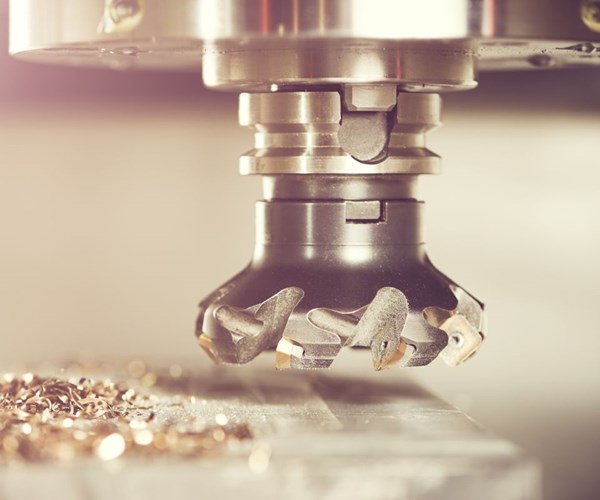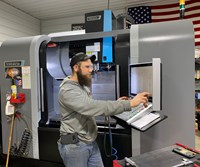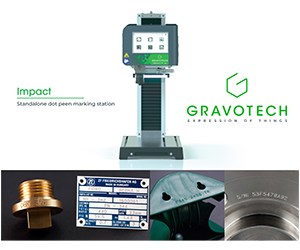Benefits and Challenges of Minimum Quantity Lubrication
Optis, a joint venture between TechSolve and Castrol, looks at the positive impact of MQL, the challenges to its implementation and the industry’s current uptake of the solution.

Minimum quantity lubrication (MQL) has great potential for assisting in machining a wide spectrum of materials. As manufacturers continuously seek to reduce manufacturing costs, waste and improve health and safety profiles, this technology can help in the drive to get there.
So says Optis, a joint venture between TechSolve and Castrol. According to Optis, flood coolant uses as much as 60,000 ml of fluid per hour, while MQL typically uses less than 500 ml per hour. This is due to the coating of the interface between the tool and the material being cut with a thin film of lubricant, preventing heat build-up caused by friction. This significantly reduces the amount of fluid that needs to be procured, maintained and disposed of, saving money, manpower, and health and safety issues associated with residual fluid and contaminated chips.
When properly applied, whether externally or through the tool, MQL can lead to improved surface finish and increased tool life. It also has a positive impact on emissions and waste, boosting a facility’s overall health, safety and environmental profile.
According to Optis, the cumulative cost of cutting fluid can total as much as 15 percent of a part’s total production cost. Therefore, minimizing its use has major cost-efficiency implications for manufacturers. Also, there are many routes to doing so with many cutting operations primed to benefit from MQL, including turning, milling, drilling, circular and band sawing, reaming, tapping, routing and broaching.
However, despite the opportunities and benefits MQL machining can offer, there are still challenges to overcome and some key considerations in implementation:
- MQL does not have comparable chip evacuation abilities to those of wet machining.
- MQL is still not well suited for deep-hole drilling, energy-intensive processes such as grinding, special operations like honing and small-hole drilling, or for difficult-to-machine materials such as titanium and nickel-based alloys.
- MQL still produces a very fine mist, which can be more difficult to filter.
- MQL implementation may require changes to the machine tool and processing strategy.
Despite these challenges, Optis says MQL provides a cleaner, greener alternative to classic fluid supply, on which could take manufacturers forward in embracing sustainability initiatives and implementing “Factory of the Future” capabilities. However, industry update has been relatively low so far. This reticence may be due to how counterintuitive it seems that using less fluid will yield the same cooling and lubricating properties as traditional flood or high-pressure systems. The fluid itself must be carefully selected based on the material that’s being cut, and its application must be carefully considered based on tooling , type of operation, cutting parameters and machine tool being used, the company says.
Related Content
-
Unist's Electronic Control Regulates Lubricant Delivery
Unist’s Pulse R electronic control ties into the system control solenoid valve and takes the place of a pneumatic pulse generator timer or logic block.
-
STLE Hosts Co-Branded Tribology, Lubrication Events
The 2023 STLE Tribology Frontiers Conference and Tribology & Lubrication for E-Mobility Conference will provide attendees with two opportunities to share and learn the latest tribology and lubrication engineering science.
-
Hennig Inc. Acquires Industrial Coolant Systems
ICS develops and field tests high-pressure coolant systems, coolant filtration systems and other machine tool solutions.















.png;maxWidth=300;quality=90)
